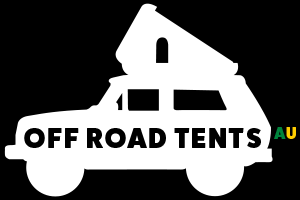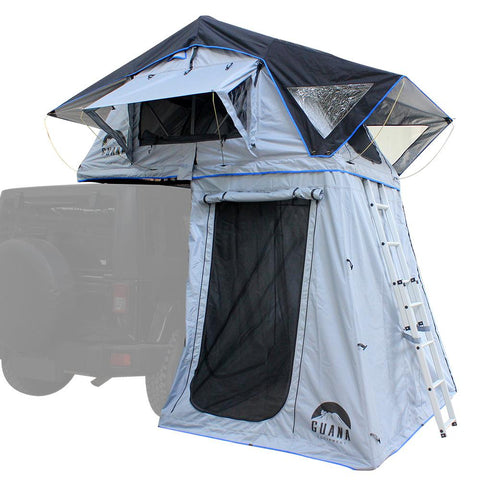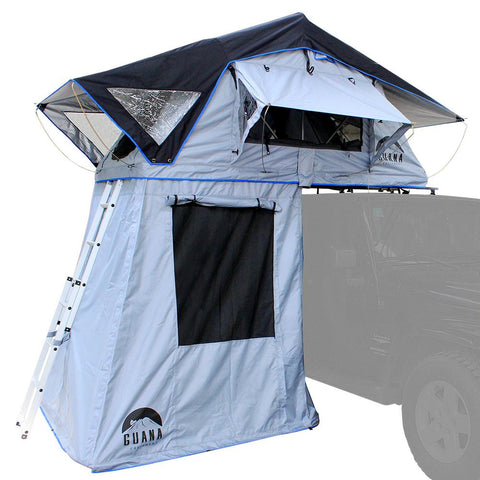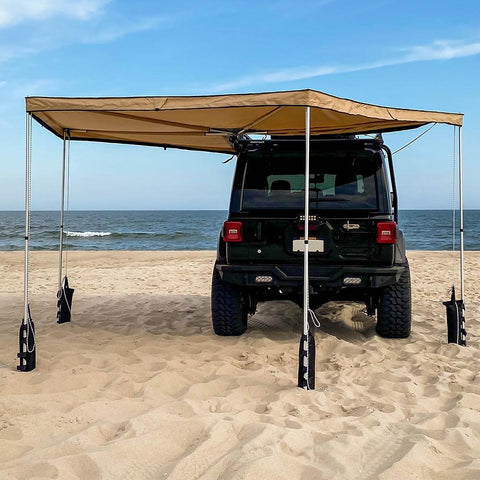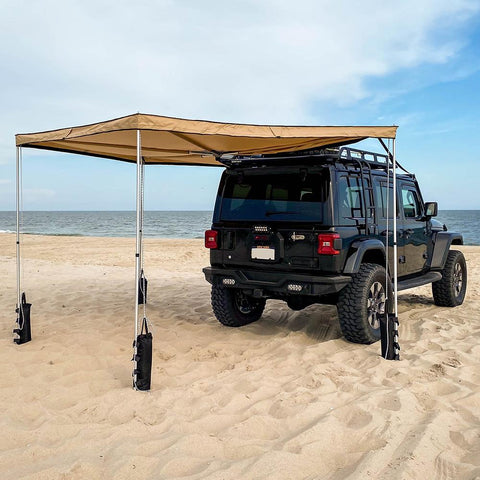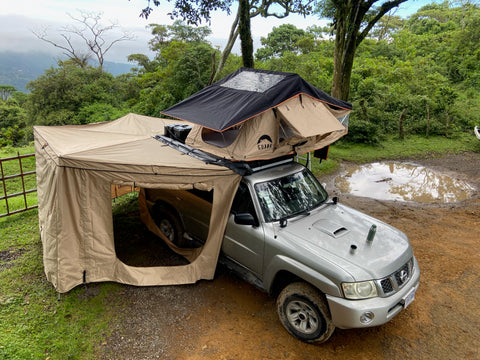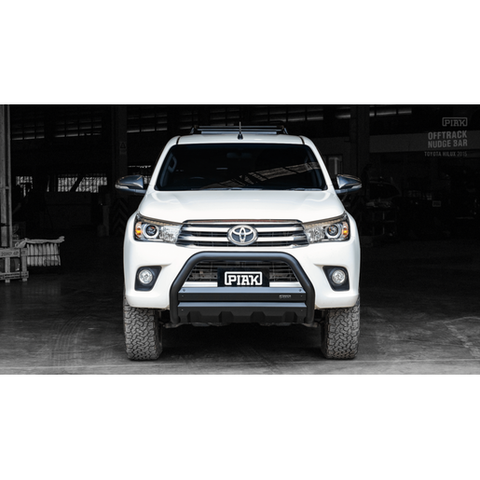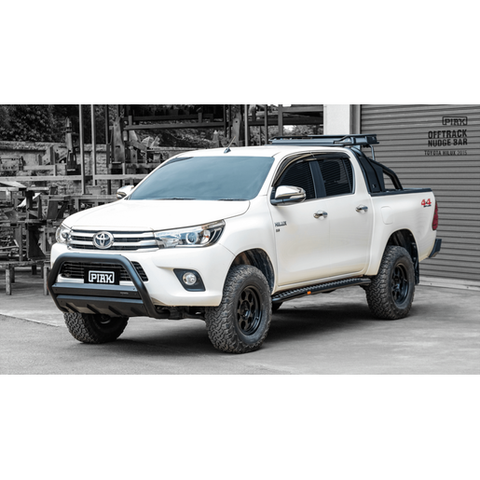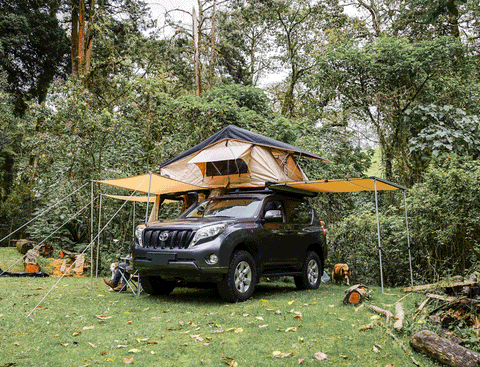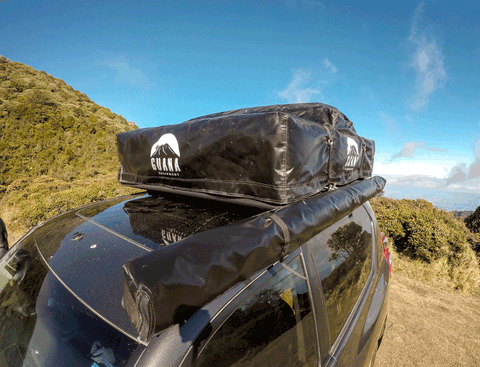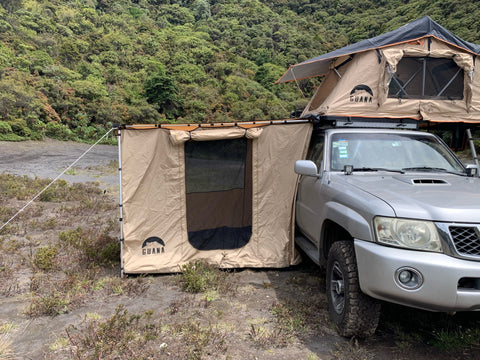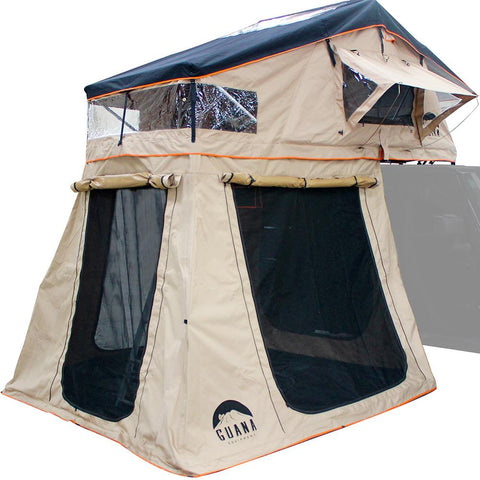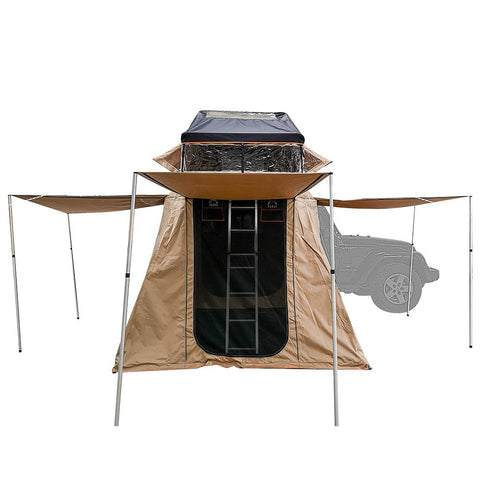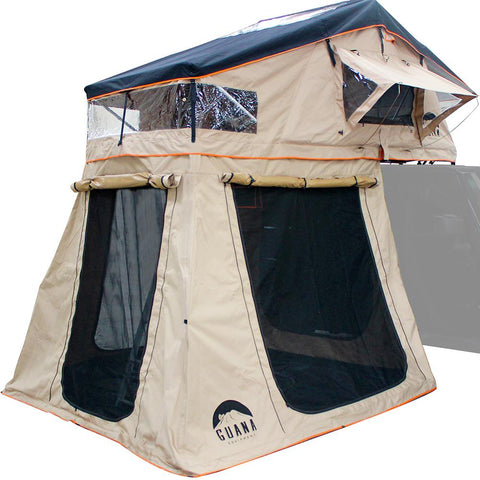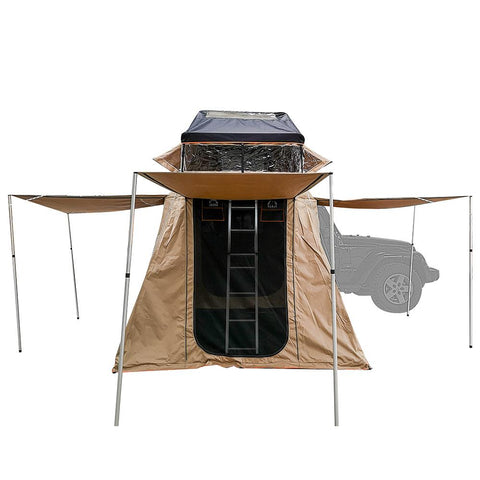Do Bull Bars Affect Performance?
Bull Bars, often called push bars or Winch bars, are common car accessories that guard against collisions with animals and other roadside obstructions.
Many vehicles frequently have Bull Bars fitted to shield them from crashes.
Bull Bars give an extra layer of safety, but some customers are concerned about how they can affect the performance of their vehicles. This article will specifically answer the question "do bull bars affect performance?".
It’ll break down how bull bars can affect speed, braking distance, and fuel efficiency.

Do Bull Bars Affect Fuel Consumption?
The fuel a vehicle uses determines how much it costs to operate and how much of an impact it has on the environment.
For example, some people think that adding weight as a bull bar to the front of the car and raising the drag coefficient will result in increased fuel consumption. Although some bull bars might fit this description, not all do.
Fuel consumption is less likely to be affected by bull bars that are made to be light and aerodynamic.
The effect of a bull bar on fuel usage also varies depending on the type of driving done.
For example, it may not be very important in city driving with heavy stop-and-go traffic because the car is not moving at high speeds for extended periods.
On the other hand, due to higher air resistance, motorway driving may cause greater apparent fluctuations in fuel usage.
The type of bull bar installed and the car's precise make and model will affect how much fuel is consumed as a result of a bull bar.
For example, lightweight and aerodynamic bull bars are often less likely to increase fuel consumption significantly.
Can Bull Bars Affect How Fast I Can Brake?
The potential effect bull bars may have on braking performance remains a separate concern. The bull bar's extra weight might lengthen the stopping distance, particularly at faster speeds.

This happens because the brakes exert more effort to stop the vehicle's increased weight and forward momentum.
According to studies, adding a bull bar can result in up to a 25% increase in braking distances.
This is especially true with larger, heavier bull bars that increase the weight of the vehicle's front end. The added weight may also stress the suspension and brakes, shortening their lifespan.
Bull bars can impact the vehicle's handling and stability and affect stopping distances, which can further reduce braking performance.
In addition, adding a bull bar may vary the vehicle's weight distribution, which could affect how the automobile turns.
This may lead to less stability during braking and bringing the car to a safe and speedy stop more challenging.
The effect of a bull bar on braking performance will differ based on various variables, such as the weight and size of the bull bar, the kind of vehicles, and the type of terrain.
If you are worried about how a bull bar may affect braking performance, it's crucial to get a high-quality bull bar that is made to have as little of an impact on the handling and stability of the car as possible.
How Can A Bull Bar Affect My Speed?
Bull bars' effect on speed is yet another issue to take into account. The bull bar adds weight to the vehicle, which can reduce acceleration and top speed, especially at higher speeds.
This is because the engine must use more effort to overcome the increased resistance while maintaining the same speed.
In addition to adding weight, a bull bar's shape, and construction can affect your car's aerodynamics, increasing drag and slowing it down.
Furthermore, a poorly constructed bull bar can increase wind resistance and decrease performance by causing turbulence and obstructing the airflow around your car.
It's crucial to remember that a bull bar that is well-designed and carefully placed can minimize any adverse effects on vehicle speed and control.
The aerodynamics and stability of your vehicle can be maintained with a lightweight bull bar, enabling you to drive effectively and safely without sacrificing protection levels.
In the end, how a bull bar affects the speed of your car will rely on how it was installed and designed.
In A Nutshell
It's crucial to remember that a well-designed and professionally placed bull bar can give substantial benefits in terms of safety and protection, even though there are concerns about the effect of bull bars on vehicle performance.
When selecting a bull bar, choosing a high-quality item built to offer the highest level of protection while having the fewest possible adverse effects on your vehicle’s performance is crucial.
As a result, even if there are trade-offs to consider when installing a bull bar in your car, a well-made and expertly placed bull bar can provide many advantages in terms of protection and security.
You may benefit from the extra safety and security of having a bull bar on your car by carefully weighing your options and selecting a high-quality bull bar suitable for your vehicle and driving style.
